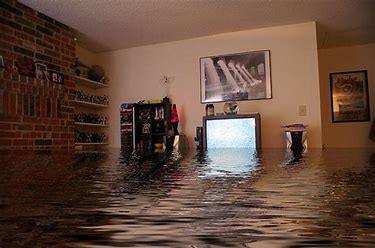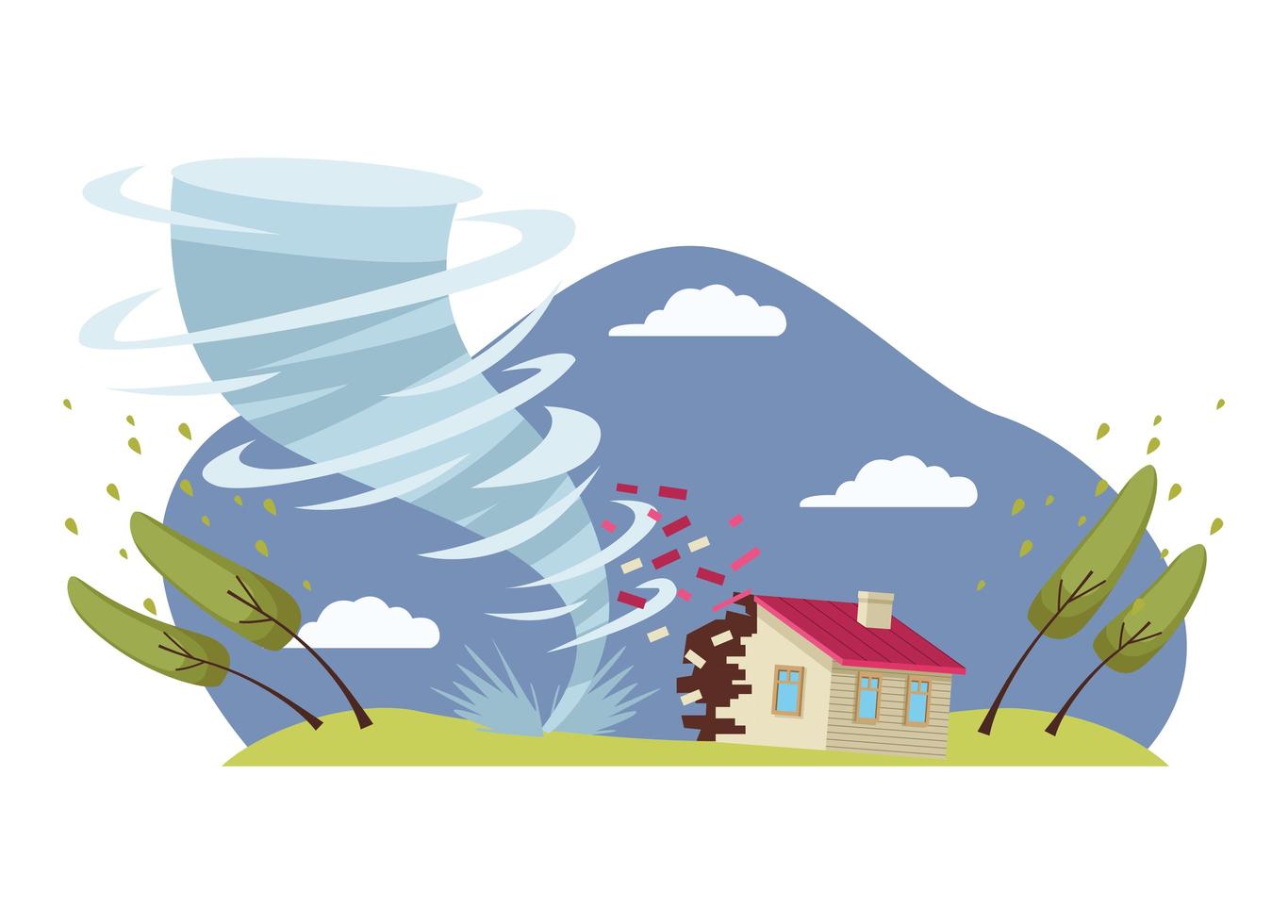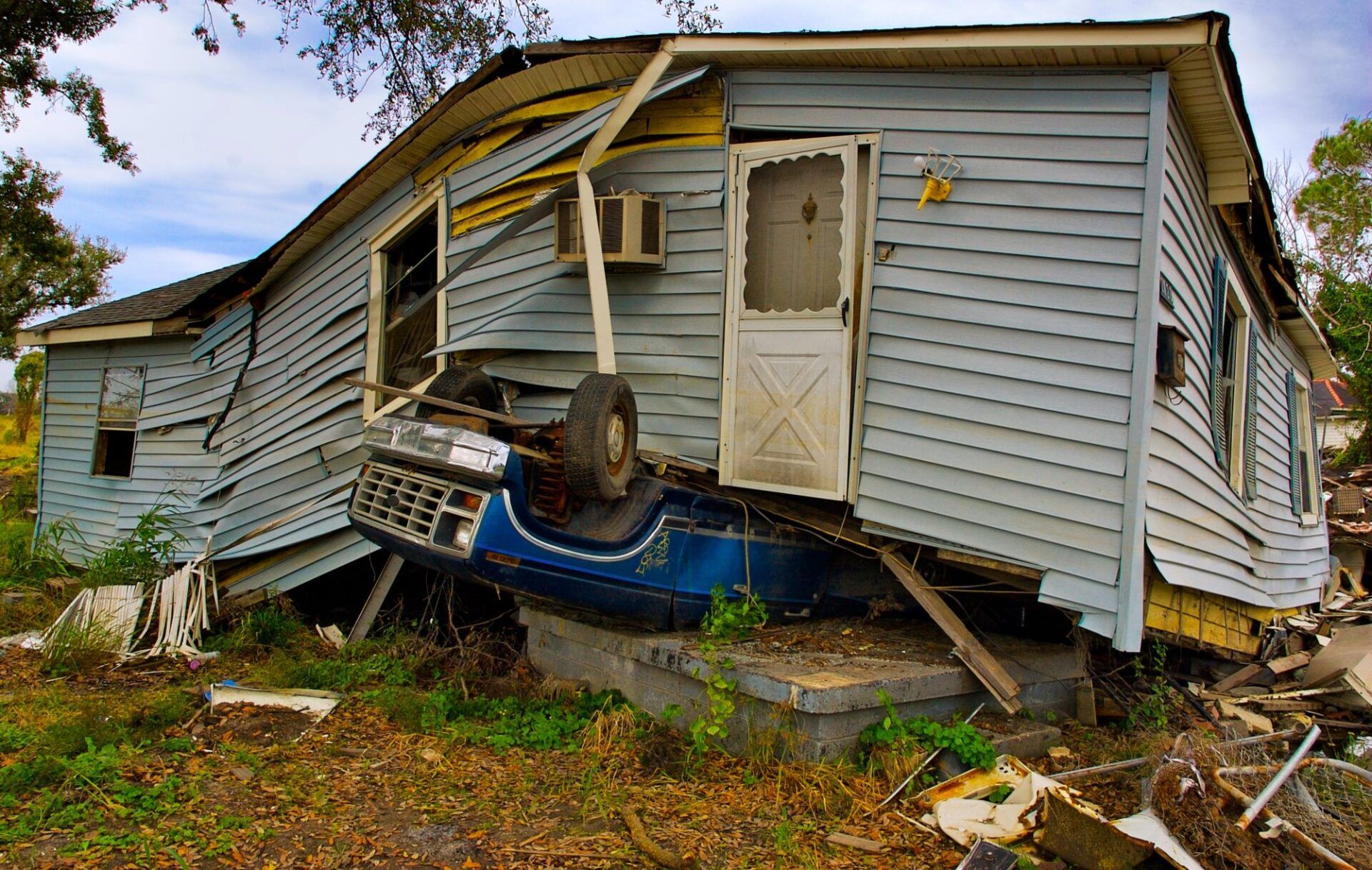Difference between allergies
There is a difference between allergies caused by mold and allergies caused by seasonal changes

Understanding Allergies
Allergies are an immune system response to a foreign substance that is not typically harmful to the body. These foreign substances are called allergens. They can include certain foods, pollen, or pet dander. Your immune system's job is to keep you healthy by fighting harmful pathogens. It does this by attacking anything it thinks could put your body in danger. Depending on the allergen, this response may involve inflammation, sneezing, or a host of other symptoms.
Differentiating Between Seasonal and Mold Allergies
While allergies share a common root cause, that being an overactive immune system, the triggers and manifestations can greatly vary. The primary difference between seasonal and mold allergies stems from the types of allergens involved. Let's delve deeper into each of these allergy types to understand their differences.
Seasonal Allergies: An Encounter with Nature's Pollen
Also known as hay fever or allergic rhinitis, seasonal allergies are the body's response to allergens in the environment that change with the seasons. Common triggers include pollen from trees, grasses, and weeds. These microscopic particles can trigger an overactive immune response resulting in itchy eyes, sneezing, and a runny nose.
Identifying Seasonal Allergies
Seasonal allergies usually manifest at the same time every year and can last for as long as the individual remains exposed to the allergen. Some key symptoms of seasonal allergies include:
- Sneezing
- Watery or itchy eyes
- Runny or stuffy nose
- Itchy sinuses, throat, or ear canals
- Ear congestion
- Postnasal drainage
Managing Seasonal Allergies
Over-the-counter medication, prescription medication, and allergy shots are the most common treatments for managing seasonal allergies. Furthermore, preventive measures, such as limiting outdoor activities during high pollen times, can also help mitigate these allergies.
Mold Allergies: The Hidden Indoor Allergen
Mold allergies are triggered by mold spores that are inhaled. Mold grows in damp and humid places, like bathrooms, kitchens, and basements. These allergies can occur at any time of the year but may worsen during rainy or humid seasons.
Identifying Mold Allergies
Mold allergies can be tricky to identify as the symptoms can resemble those of other allergies. However, unlike seasonal allergies, mold allergies aren’t limited to a specific season and persist as long as you're exposed to the mold spores. Symptoms can include:
- Sneezing
- Itchy or watery eyes
- Runny or stuffy nose
- Postnasal drip and coughing
- Dry, scaly skin
Managing Mold Allergies
Keeping your environment clean, dry, and well-ventilated can prevent the growth of mold and help manage mold allergies. Additionally, over-the-counter and prescription medications can relieve symptoms. In severe cases, your doctor may recommend allergy shots or a process called immunotherapy.
Understanding the Difference to Tackle Allergies Effectively
While both seasonal and mold allergies can disrupt your daily life, understanding the source and symptoms can help manage them effectively. While they share common symptoms, the duration, severity, and triggers are unique. Recognizing these differences is the first step towards a sneeze-free, comfortable life.





Restoration 1 of Central Bucks County © 2019 All rights reserved.
SEO by: www.water-damage-marketing.com




